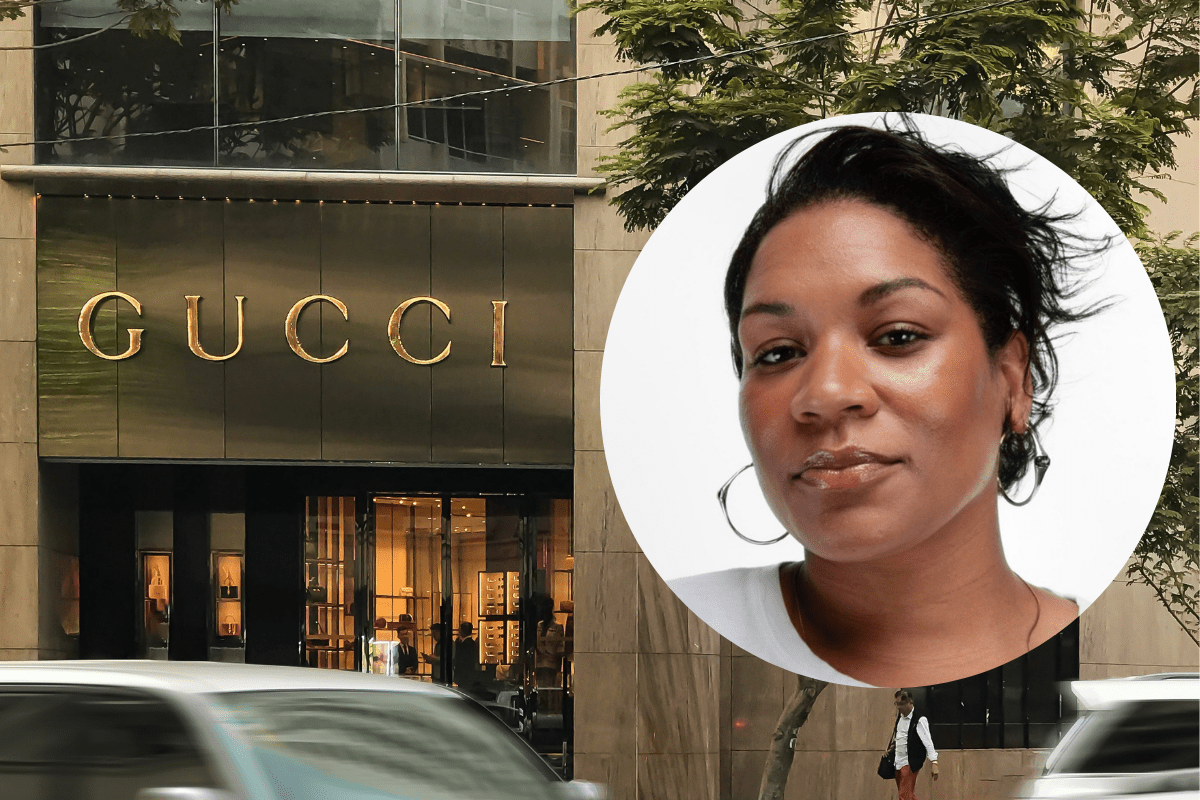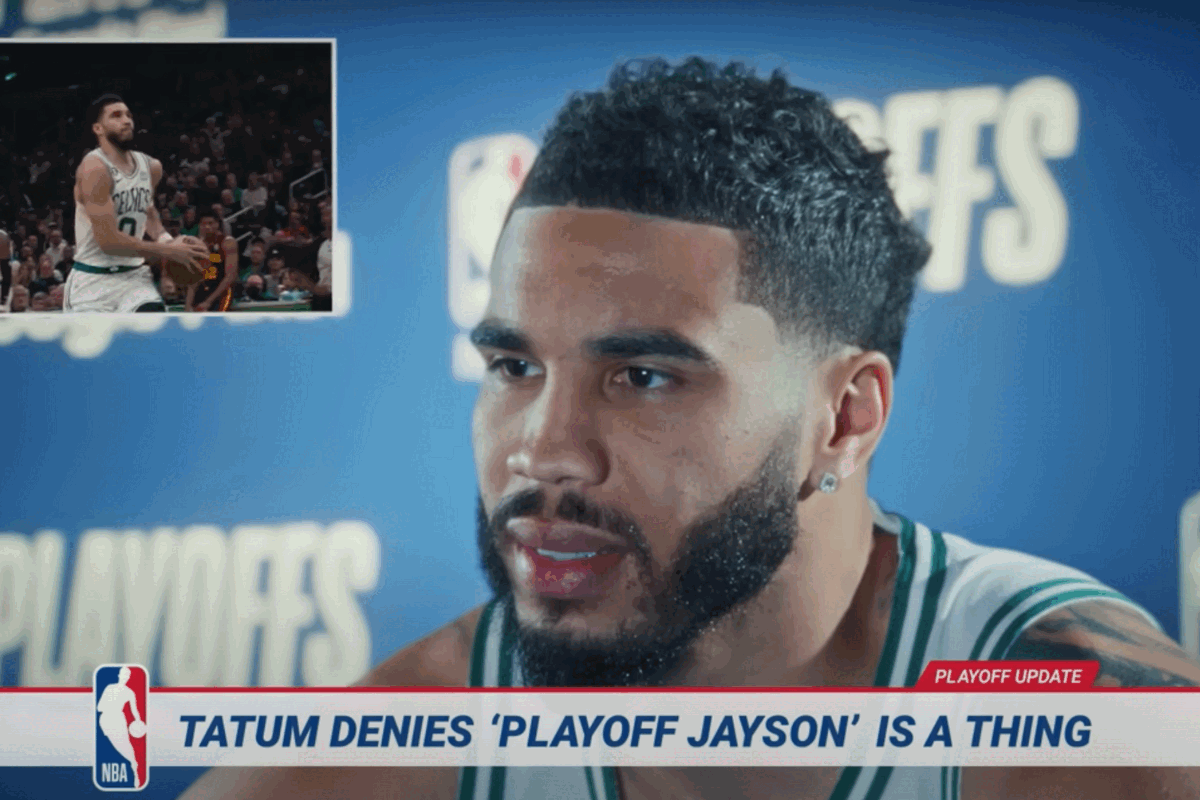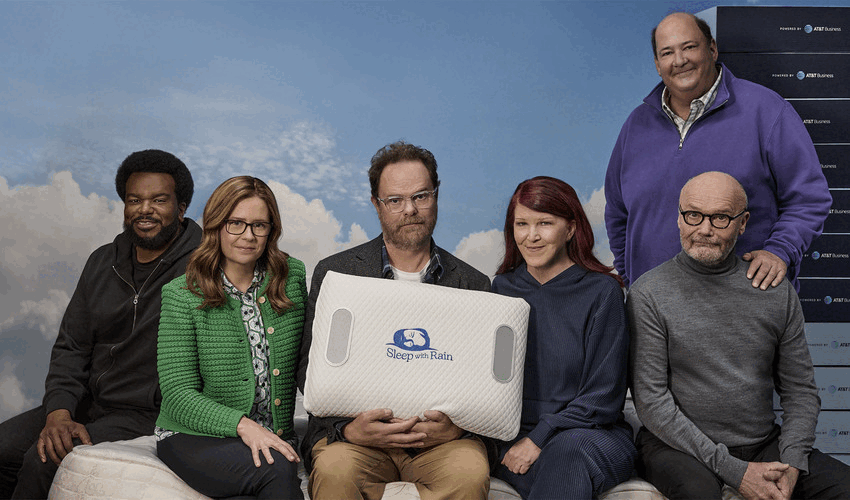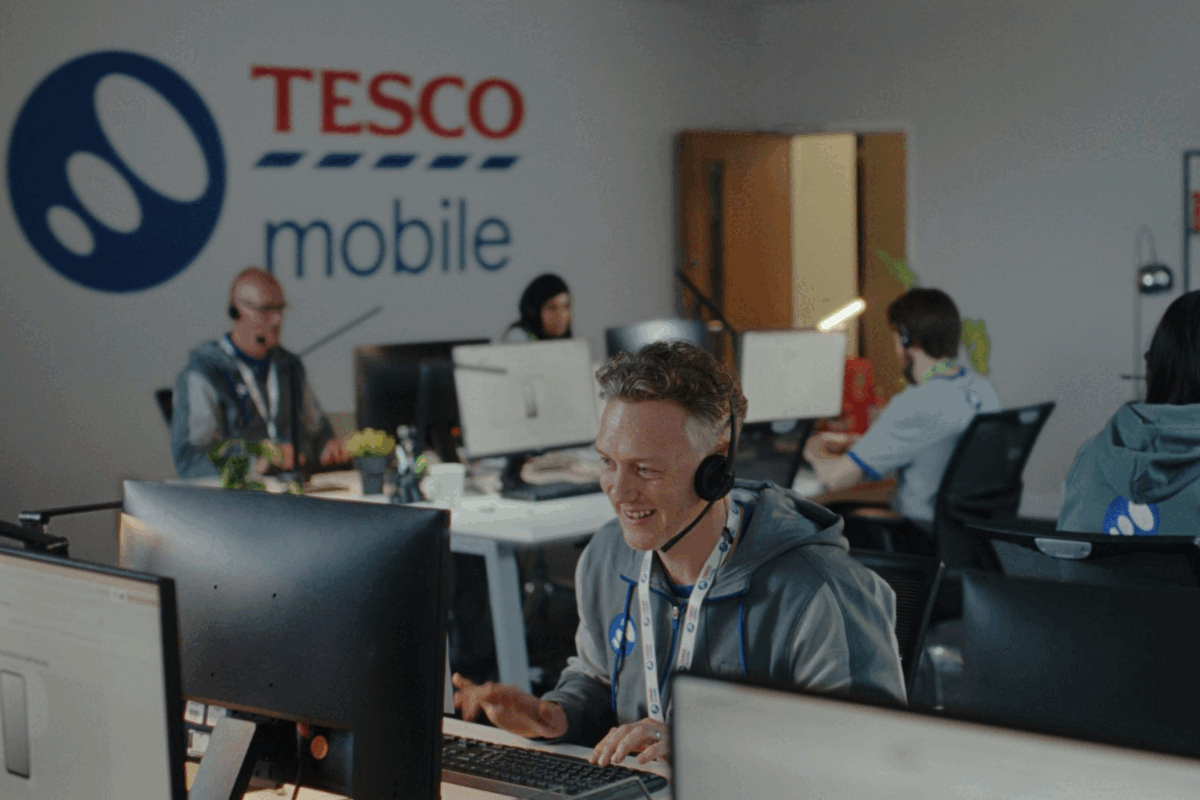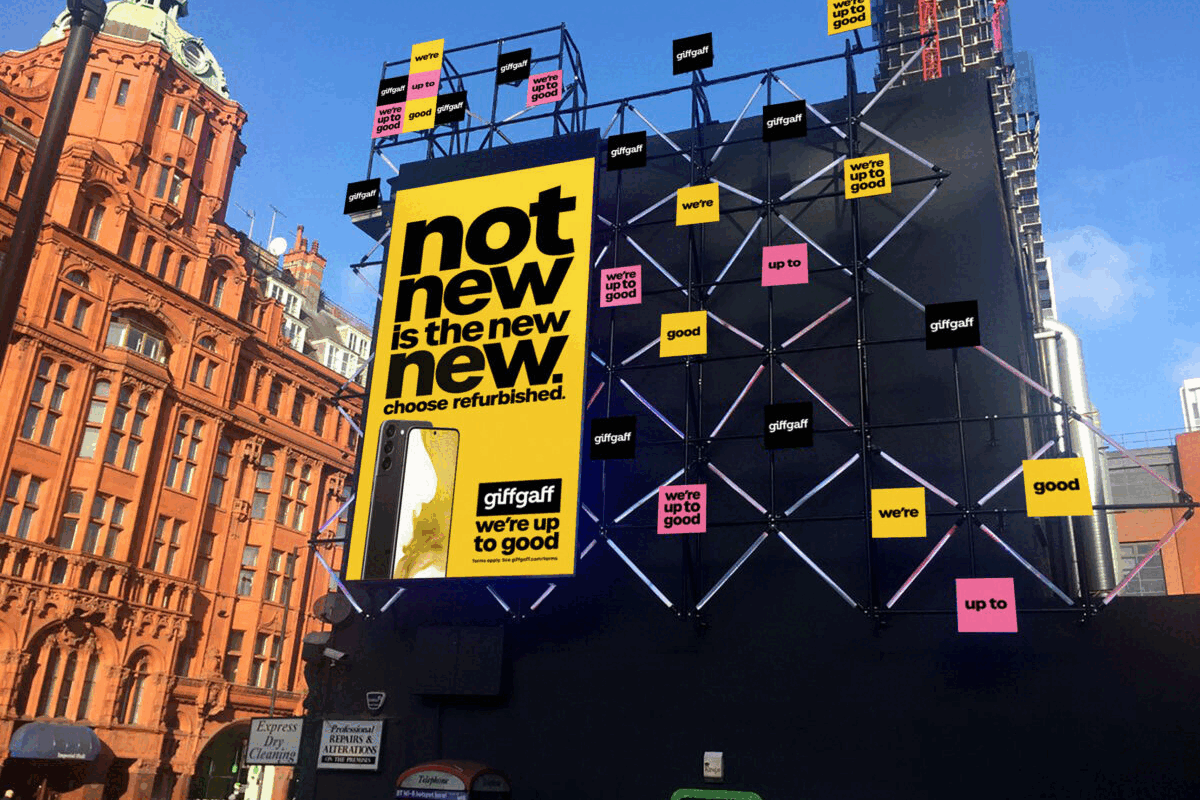AdBlock Joins AdBlock Plus Acceptable Ads Program
- Friday, October 2nd, 2015
- Share this article:
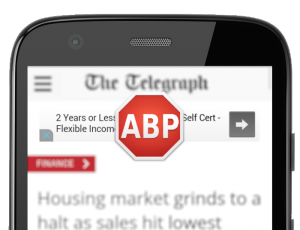 The company behind popular ad blocking extension, AdBlock, has been acquired. It’s not clear by whom, but as a result of the acquisition, the new owner will be subscribing the service to Adblock Plus ‘Acceptable Ads’ whitelisting program.
The company behind popular ad blocking extension, AdBlock, has been acquired. It’s not clear by whom, but as a result of the acquisition, the new owner will be subscribing the service to Adblock Plus ‘Acceptable Ads’ whitelisting program.
The news was revealed to AdBlock users via a new release of the software, and reported by PageFair in a blog post. PageFair offers software for publishers that measures the cost of ad blocking and also enables them to display alternative non-intrusive advertising to those users who employ ad blocking software.
The move will come as something of a surprise to ad block-watchers. As the PageFair blog notes, there has traditionally been little love lost between the two browser extensions.
However, Pagefair believes search engines will benefit from the move, since most currently pay Adblock Plus parent company Eyeo to be whitelisted under the Acceptable Ads program. The incorporation of Adblock into the program will boost its reach from around 50 per cent to around 90 per cent of people using ad-blocking software. Pagefair estimates that this could boost search revenues on Google.com by around $2bn.
The move comes just a few days after Crystal, one of the recent wave of iOS ad blocking apps, revealed that it too had signed up to the Acceptable Ads program.
We contacted AdBlocks CEO Gabriel Cubbage for more information, but we have so far not received a reply. But a statement from AdBlock Plus says: “We’re very happy to welcome AdBlock users to the Acceptable Ads program. We’ve also made the decision to turn over management of the Acceptable Ads program to a panel of independent experts in the future, which we think is a win for users.” We reported on the formation of this panel on Wednesday.
Commenting on the news, PageFair CEO Sean Blanchfield told Mobile Marketing:
“With AdBlock signing up with Adblock Plus Acceptable Ads Program, Eyeo has massively strengthened its bargaining power. It now enjoys a virtual monopoly on marketing access to ad block users, while simultaneously seeing competitive pressure from its rival plugin evaporate.
“The next question is whether the whitelist arbitration committee recently announced for 2016 will be truly independent and perceived with legitimacy, and whether this move towards transparency will also reveal the fees some companies are required to pay for access to the whitelist.”




